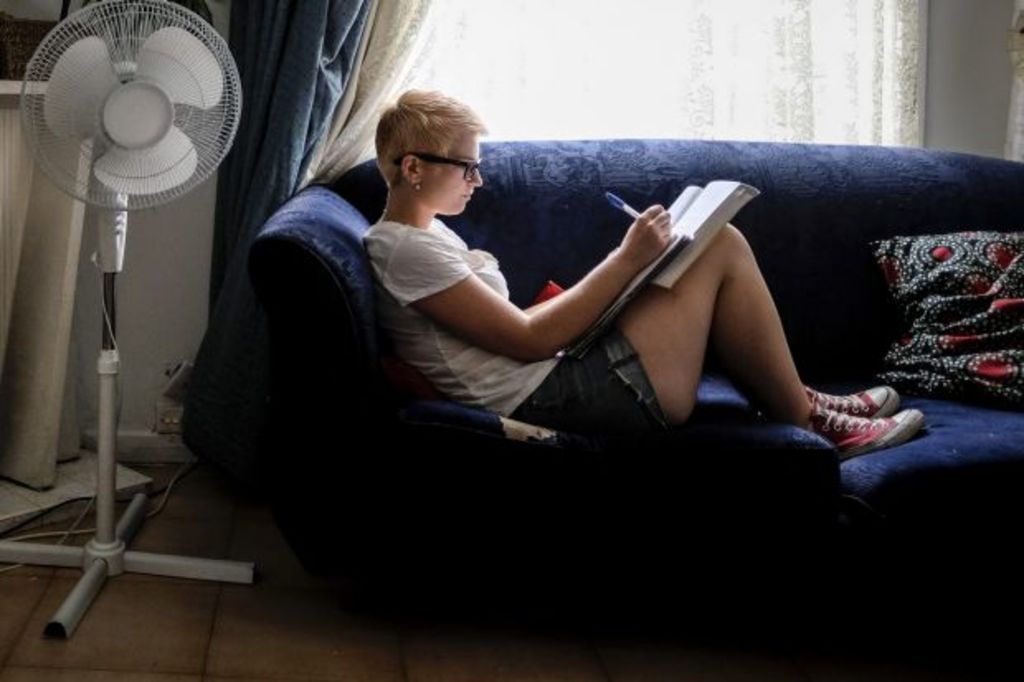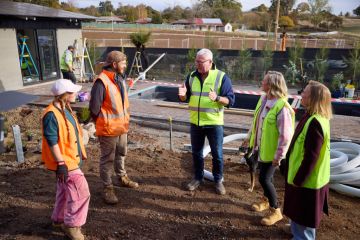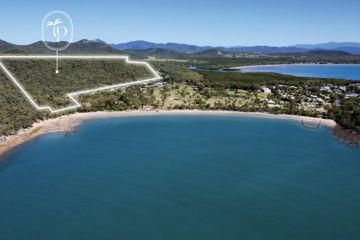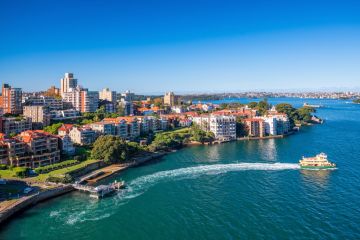Energy bills: new Andrews government initiative could save residents money

Melbourne home buyers and tenants could potentially save themselves thousands under new plans for power-guzzling properties that chew through utility bills to be identified before contracts are signed.
But advocates are concerned lower income households may be priced out of the state government’s new $3 million energy rating tool, which will be delivered through private providers.
The roll-out of the state’s new energy scorecard, aimed at helping Victorians determine where properties cost them the most money, comes as a trial of the app showed Melbourne homes wasted huge amounts of energy.
A meagre three out of 10 stars was the average energy efficiency rating of the 45 homes surveyed over three months.
Melbourne’s infamous weather was the source of the trial properties’ two major running costs, with heating and hot water the top two contributors to power bills. The vast majority of houses were also found to be uncomfortable in hot weather.
Energy and Resources minister Lily D’Ambrosio said the results were startling.
“The trial really told us so much about how far we have to go to actually improve the energy efficiency of our housing stock and the scope there is for people to actually make significant savings on their energy bills,” Ms D’Ambrosio said.
“Before they make the big decision to buy, or sign a lease arrangement, a consumer can actually know upfront, what am I up for?”
The Andrews government’s residential efficiency scorecard, an Australian first, will begin in September as a part of its energy and jobs initiative, funded in the latest state budget.
Through the scheme, Victorians will contact accredited private providers, who will send trained assessor to visit properties, rate them using the web-based scorecard and provide recommendations on upgrade options.
Many of the recommendations for energy efficiency products would be heavily discounted or free under the Victorian energy efficiency scheme (known as the free lightbulb scheme), according to the minister’s office.
But the state’s peak welfare body has raised concerns about potentially prohibitive costs set by private providers, which may cause roadblocks for low income earners.
“People already facing disadvantage are the most in need of a reduction in their power bills,” said Victorian Council of Social Services chief executive Emma King.
“We don’t want the cost of a private assessor to deter people without a lot of cash from having their home assessed.
“There’s a role for the government here to make sure this program actually helps those who need it most, and that people aren’t priced out of an assessment.”
Competition between providers could see them bundle offers with free or discounted products under the Victorian Energy Efficiency Scheme, or offering the tool for free with the purchase of products, the minister’s office said.
Ms D’Ambrosio said the program would also encourage landlords to make their homes more energy efficient, attracting good tenants with the proposition of bill savings.
“It could actually mean they have tenants who appreciate it and want to have longer tenancy arrangements,” she said.
Ms D’Ambrosio said she was confident the tool would also be taken up by Melbourne developers, who have been accused of producing substandard housing stock.
Rob Murray-Leach, head of policy at the Energy Efficiency Council, said much of the housing stock in Victoria was inefficient by world standards, specifically when compared to Europe and America.
“In Australia, we’re not used to being really efficient, and until you’ve lived in a really comfortable home, it’s hard to know what its like,” he said.
“This will be a more definitive measure of how comfortable a house can be and how much it costs to run.”
States
Capital Cities
Capital Cities - Rentals
Popular Areas
Allhomes
More







